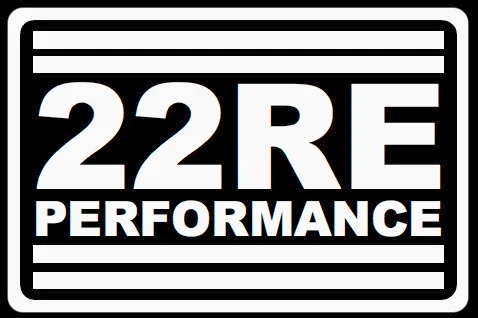

This publication compiles 81 contributions presented at the joint Seminar of the FAO-CIHEAM SubNetworks on Production Systems and Nutrition on Sheep and Goats, held in Vitoria-Gasteiz, Spain, in October The Seminar was co-organised between the Department of Animal Production of Neiker-Tecnalia (the Basque Institute for Agricultural Research and Development) and the Mediterranean Agronomic Institute of Zaragoza (IAMZ-CIHEAM), with collaboration of the H2020 Project isage (Innovation for Sustainable Sheep and Goat Production in Europe), the FAO, and support of the Department for Economic Development and Infrastructures of the Basque Government, the Municipality of Vitoria-Gasteiz, the Diputación Foral de Alava and the Idiazabal Denomination of Origin. Also, innovative feeding strategies coupled with precision flock management practices that reduce gaps in production and adjust to the environmental challenges, hold promise to tackle the above mentioned objectives. Innovation should also contribute to strengthening social forms of organisation such as product quality schemes or communal areas management. Such innovations should be aimed at improving production techniques, labour organisation, equipment and infrastructures and developing collective programmes for selection or health campaigns. Innovative solutions are needed to make the sheep and goat value chain more efficient, profitable and sustainable, but also more appealing for society, particularly to guarantee generational turnover for farms. López Marco Sheep and goat farming systems face a harsh present and an uncertain future, apparently compromised by a general lack of competitiveness stemming from poor technical and economic results, but also due to severe social and environmental challenges.
1 OPTIONS CIHEAM Innovation for Sustainability in Sheep and Goats Edited by: R.


 0 kommentar(er)
0 kommentar(er)
